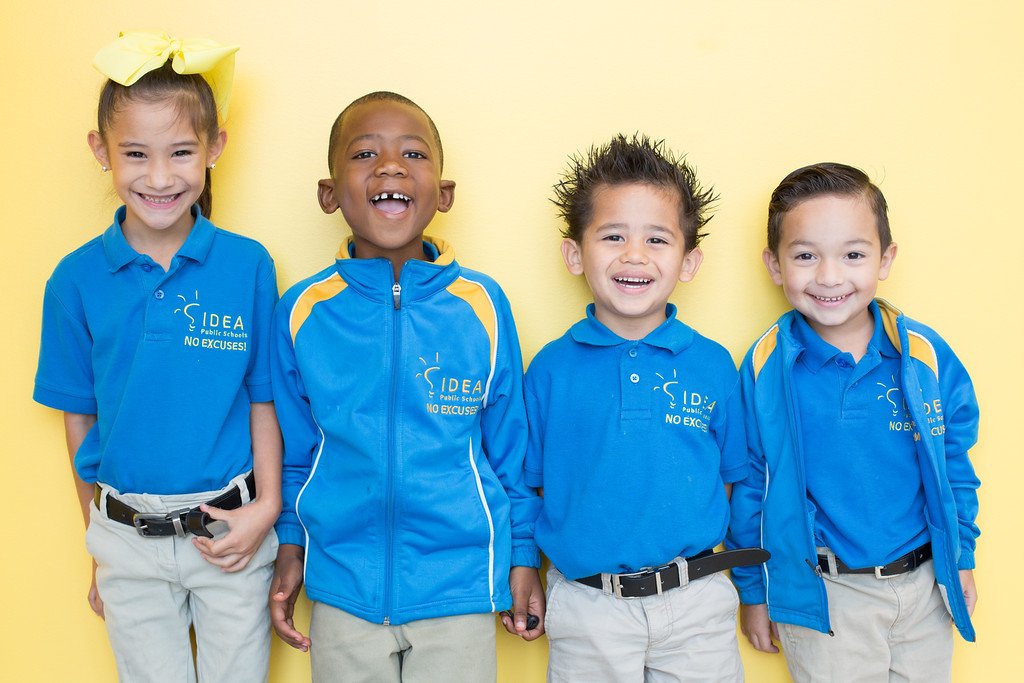Looking back we all have memories of our school years and we either loved or we hated it. A huge factor that played in whether our experience was good or bad is if we had friends. Some of us had many friends, some of us had a few good friends, and then some of us were loners. More than ever, and in this generation good friendships or lack of it play a critical role in a child’s self-confidence and sense of belonging.
“Friendships are the bonds that children develop with important peers in their lives. Friendships bring pleasure, comfort, sometimes distress, and almost always important opportunities to learn and develop in a social world”. Without friendships, children can fail to develop sensitivity, empathy, rules of conversation and age appropriate behaviors. It’s not uncommon to find an “only child” struggling with these characteristics simply because they don’t get an opportunity to practice with siblings.

Children can be taught or at least supported in the art of making friends. Parents can play a huge role in setting the foundation for this endeavor. Here are some recommendations if you have a child that’s struggling to make friends at school;
1. Coach your child on emotions. Everyone has negative emotions- but the key to friendship success is learning how to manage your emotions. While we can feel them, it does not mean we get to project them on others anyway we feel like it. Children who make friends easily tend to be emotionally intelligent- keeping their cool and learning to problem solve without losing control.
2. Model fairness during discipline. If your parenting style is indicative of one where you get to call the shots simply because you are bigger and badder. Guess what, your little one is watching you. The child picks up “If mom or dad- just gets to yell and scream, and punish me at their will, I get to do the same in cases where I am bigger or badder. But friendships don’t thrive in this framework. We don’t get to control or bully our friends. Break this cycle by being fair and display mutual respect even in discipline.
3. Teach “Good communication Skills”. Role play picking up social cues, practice active listening, reading body language, and knowing how to start and end conversations. This may seem like a no- brainer to you but it doesn’t come so easy for everyone. Remember the notion “It’s not what you say but how you say it”. This should be the focus- when teaching communication skills.
4. Encourage Collaborative activities at home. when children are forced to work together to reach a mutual goal, it fosters pro-social skills. Practicing this at home can birth the idea that not everything has to be win-lose. Especially for competitive children, this can be an eye-opener seeing that they are often rewarded for winning. Parents ought to give children an opportunity to see that pleasure can also derive from working with others and arriving at a Win-win.
5. Create fair fighting Rules. There are rules everywhere you go- and children ought to understand friendships are no exception. Sit down with your child and establish a list of do’s and don’t during a disagreement or conflict at school. Let your child understand conflicts are inevitable but what we do and don’t do during conflict can disqualify us from being a good friend. No labelling. You can use real life examples of when athletes or rivals competed for something and got disqualified because they broke the rules.
GET TO KNOW MORE
Positive Kids offer groups and classes for kids struggling with social skills. For more information, contact us at 866-503-7454.
A great option is to provide some common activity for kids. You may find a great option like $5 minimum deposit casino Canada. It is easy to give kids just $5 that may help them to have a unique experience that will be impossible before. This can make a lot of friends and unite with them using extraordinary activity.
